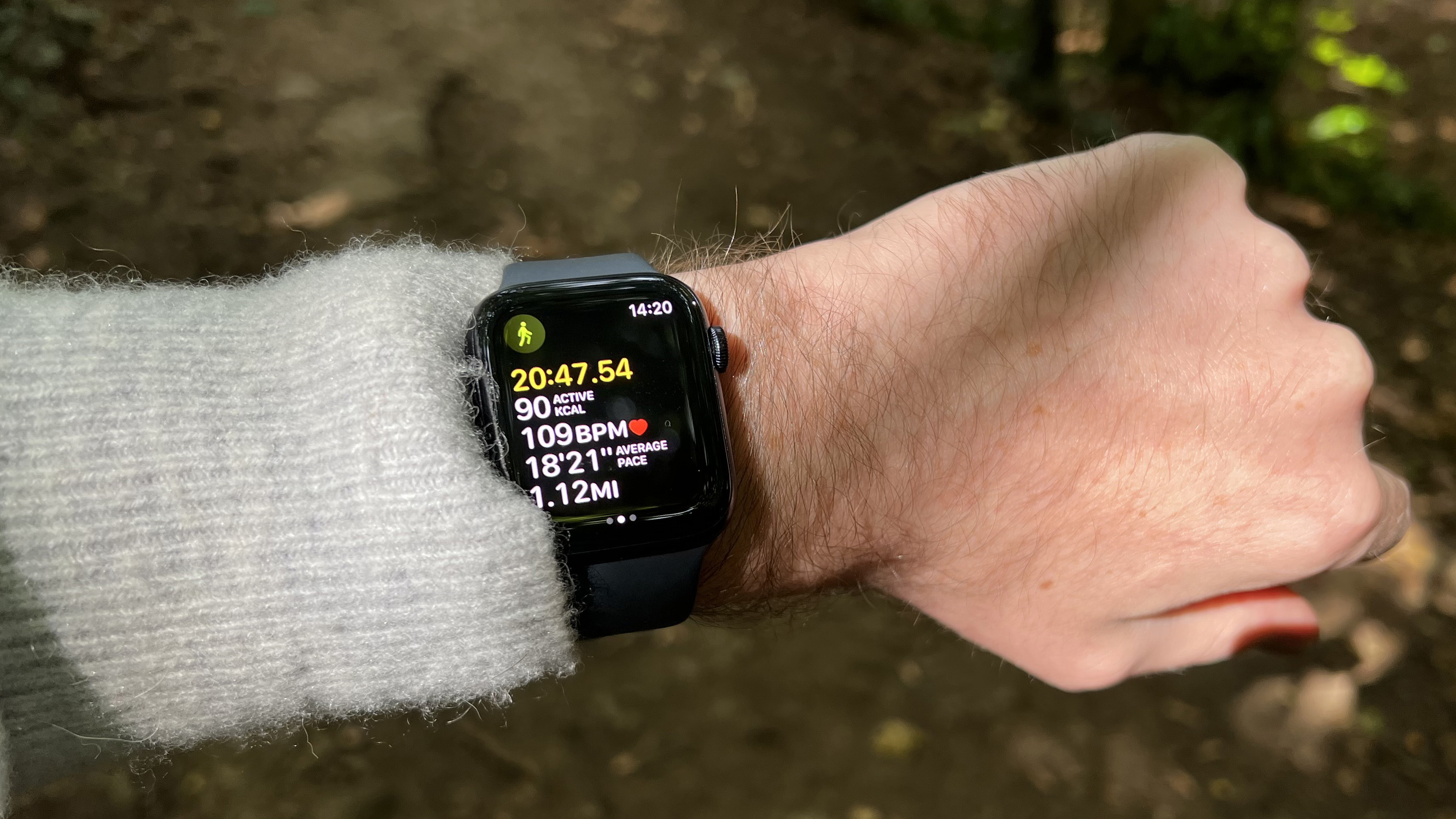
The next Apple Watch SE could be primarily made out of plastic. Notable industry expert Mark Gurman claimed in his recent newsletter the tech giant is thinking about getting rid of the aluminum shell for the upcoming wearable. In its place will be a body made from a “rigid plastic.”
The current SE model has some plastic in its construction, with a back case made of a nylon composite. But with his move, Apple would be fully embracing plastic as the primary material.
What kind of plastic is unknown, but it could possibly be a type of fiber-reinforced polymer (FRP for short). FRPs are notable for their high strength, lightweight nature, and noncorrosive properties.
Other smartwatch brands like Garmin use the polymer in their devices while restricting nylon for their wristbands. Apple could follow a similar trajectory there, although this is admittedly speculation.
Low-cost wearable
Gurman theorizes the new plastic shell is being implemented in an effort to compete with the Galaxy Watch FE. Samsung revealed their wearable on June 24, which notably sports an aluminum frame. The Bluetooth model for the Galaxy Watch FE costs $199.99, while the LTE version has a $249.99 price tag in the United States. By comparison, the 2022 Apple Watch SE is $249.99.
Apple’s move, assuming the company goes through with it, could knock prices down to $200, maybe even lower. This wouldn’t be the first time the company has experimented with different constructions for their products. The iPhone 5c from all the way in 2013 famously had a polycarbonate design.
However, it wasn’t pure plastic, as it had a steel frame underneath. The 2024 Apple Watch SE may have no metal. It is entirely possible. Some of Garmin’s mid-range smartwatches have nothing but an FRP body.
Analysis: Metal or plastic
Initial online reactions are mixed, with some people on the Apple subreddit responding positively and others concerned about sustainability. Apple aims to be totally carbon neutral by 2030, so wouldn’t opting for a plastic Apple Watch go against this mission? It’s a complicated question to answer.
For example, consider the production of soda cans and plastic bottles. According to Reuters, producing cans “pumps about twice as much carbon into the atmosphere” compared to plastic.
Although plastic production may emit less carbon in the short term, the material doesn’t last as long as metal, adding to pollution in the long term. Extending this idea to smartwatches creates a problem regarding device longevity.
Would a plastic Apple Watch, however tough it may be, have a shorter shelf life than the device with aluminum? Will it be more susceptible to wear and tear, forcing people to buy the upgrade? It’s hard to say for sure. We’ll just have to wait for more information, if and when the wearable is officially announced.
As with every leak, take this information with a grain of salt. Be sure to check out TechRadar's list of the best Apple Watches for 2024.







